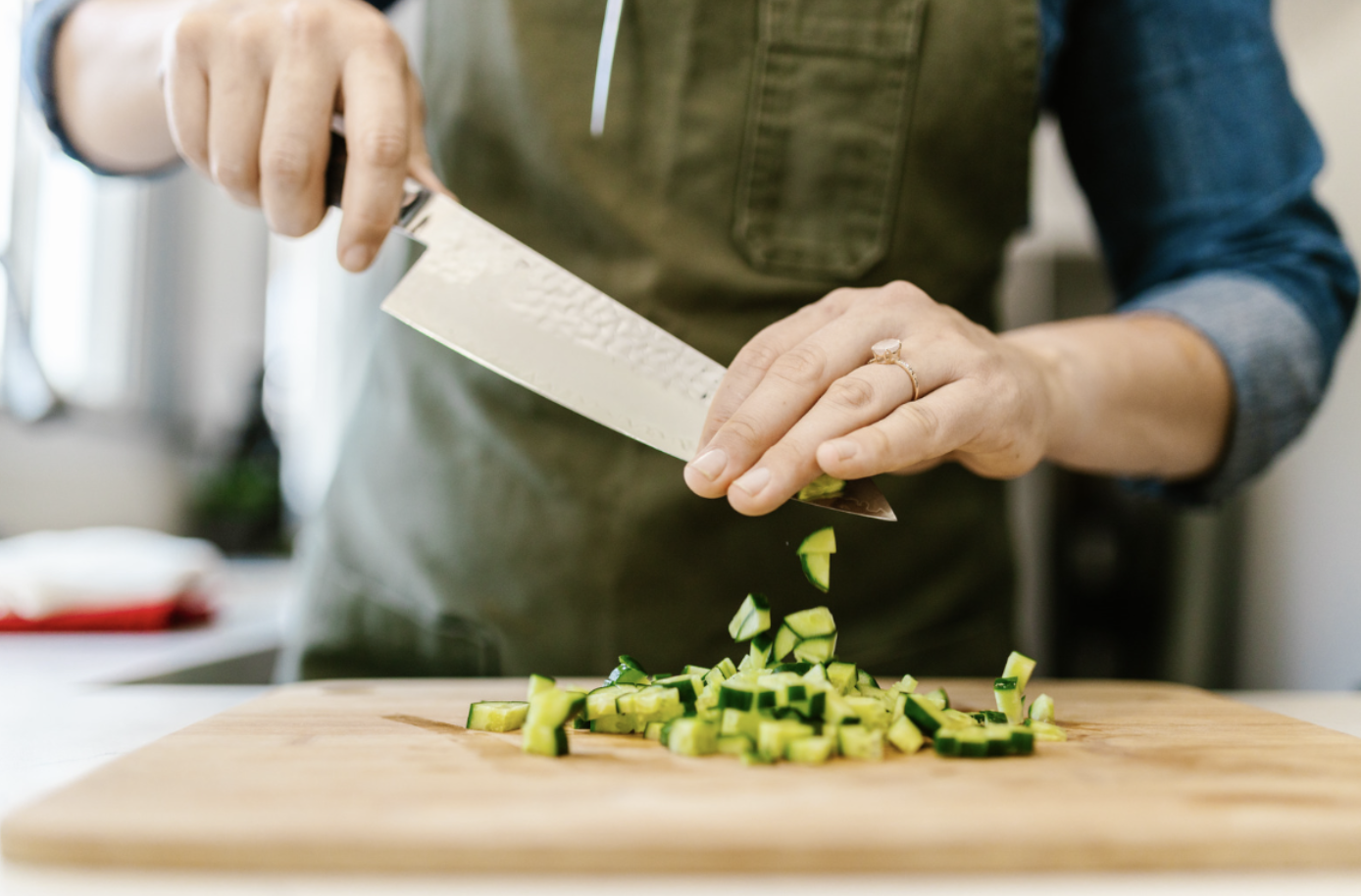How to Remove Rust from Knife Blade in Easy and Fast Steps
Written By James Morgan
If you're a barbecue enthusiast, you know that having clean, well-maintained tools is crucial. One of the most important tools in your arsenal is your knife. When rust appears on its blade, it not only looks unsightly but also affects its performance. So, how can you efficiently remove rust from a knife blade?

Understanding Rust Formation
Let's start by understanding why knives rust. Rust forms when iron reacts with oxygen and moisture, leading to oxidation. Barbecue knives are often exposed to damp conditions, making them susceptible to rust formation. Keeping your knives dry is the first step in preventing rust.
Why Removing Rust is Crucial
Removing rust from your knife blade is more than just an aesthetic task; it can also extend the blade's lifespan and ensure its cutting efficiency. A rusty knife blade can become a breeding ground for bacteria, posing a potential health risk. Therefore, it's essential to regularly clean and maintain your barbecue knives.

Step-by-Step Guide to Removing Rust
Materials Needed
- Baking Soda
- White Vinegar
- Lemon Juice
- Salt
- Aluminum Foil
- Scouring Pad or Soft Bristle Brush
- Olive Oil
Method 1: Using Baking Soda
- Prepare a Baking Soda Paste: Mix baking soda and water to create a thick paste.
- Apply the Paste: Spread the paste evenly over the rusted areas of the knife blade.
- Scrub Gently: Use a scouring pad or a soft bristle brush to scrub the paste into the rust.
- Rinse and Dry: Rinse the knife thoroughly with water and dry it immediately with a clean towel.
Method 2: Using White Vinegar
- Soak the Blade: Pour white vinegar into a tall glass and submerge the knife blade. Let it soak for 2-3 hours.
- Scrub the Rust: After soaking, use the scouring pad to scrub off the rust.
- Rinse and Dry: Rinse the knife with water and dry it completely.
Method 3: Using Lemon and Salt
- Sprinkle Salt: Sprinkle salt generously over the rusted areas of the knife blade.
- Rub with Lemon: Cut a lemon in half and rub it over the salted areas.
- Scrub and Rinse: Use a scouring pad to scrub the mixture into the rust, then rinse and dry the blade.
Method 4: Using Aluminum Foil
- Create a Foil Ball: Crumple a piece of aluminum foil into a ball.
- Dip in Water: Dip the foil ball in water or vinegar.
- Scrub the Rust: Use the wet foil ball to scrub the rusted areas of the knife blade.
- Rinse and Dry: Rinse the knife and dry it thoroughly.
Final Touch: Oiling the Blade
Once you've removed the rust, it's important to oil the blade to protect it from future rust. Use a few drops of olive oil on a soft cloth to rub onto the blade. This provides a protective layer and keeps the blade looking shiny.

Preventative Measures
Regular Cleaning
After using your knife, wash it immediately with soap and water. Dry it completely before storing it. Avoid leaving it in damp conditions, as moisture is a primary cause of rust.
Proper Storage
Store your barbecue knives in a dry place. Consider using a knife block or magnetic strip that keeps them away from moisture. Avoid storing knives loosely in drawers where they can rub against other utensils and become scratched.
Use Knife Covers
Invest in knife covers to protect the blade when it's not in use. Covers prevent the blades from coming into contact with moisture and other elements that could cause rust.
Frequently Asked Questions
Can I use commercial rust removers on my knife blade?
Yes, there are many commercial rust removers available. However, always read the instructions carefully and ensure they are safe for use on kitchen knives.
How often should I clean my barbecue knife?
You should clean your barbecue knife after each use to prevent rust and maintain its sharpness.
Can I store my knife in the dishwasher?
It is not recommended to store knives in the dishwasher, as the moisture and detergent can promote rust and dull the blade.
For further information on maintaining your knives, check out our articles on Kai knives, Chicago Cutlery, and more!
For some advanced cutting techniques, you can visit this link on the Food Network.
As an Amazon Associate, I earn from qualifying purchases.



